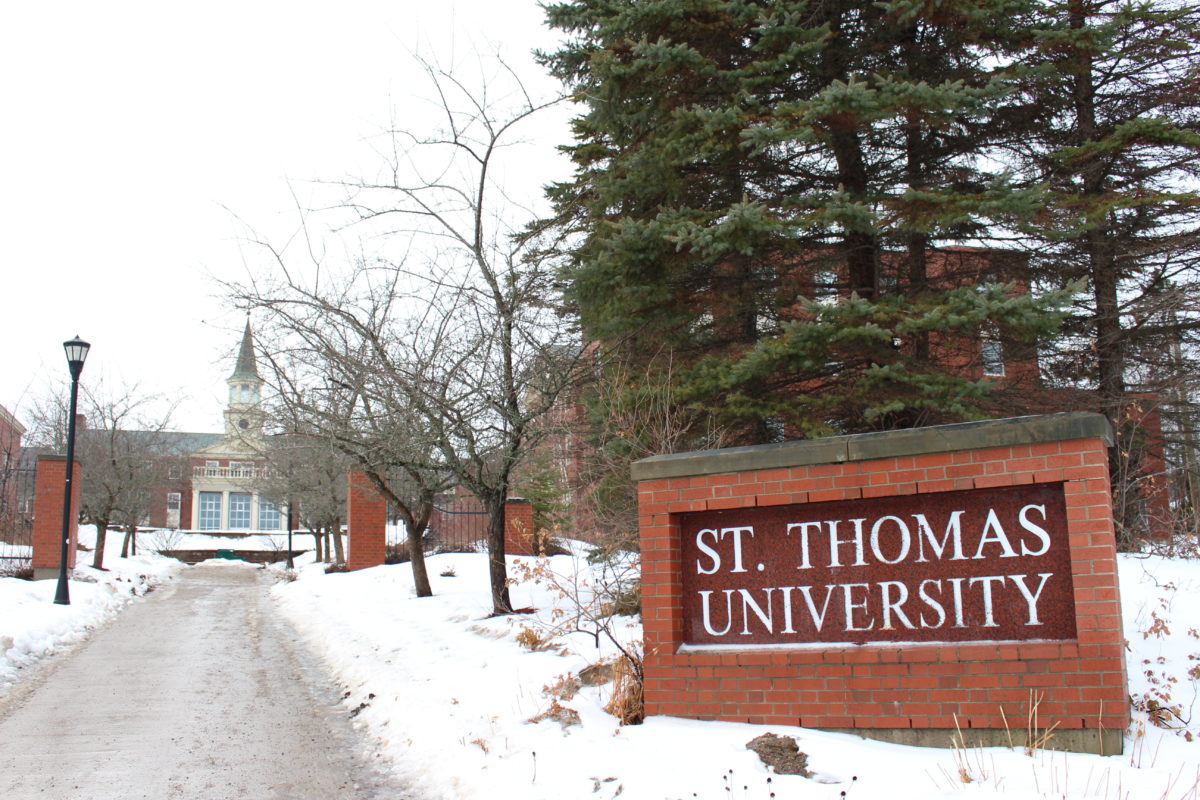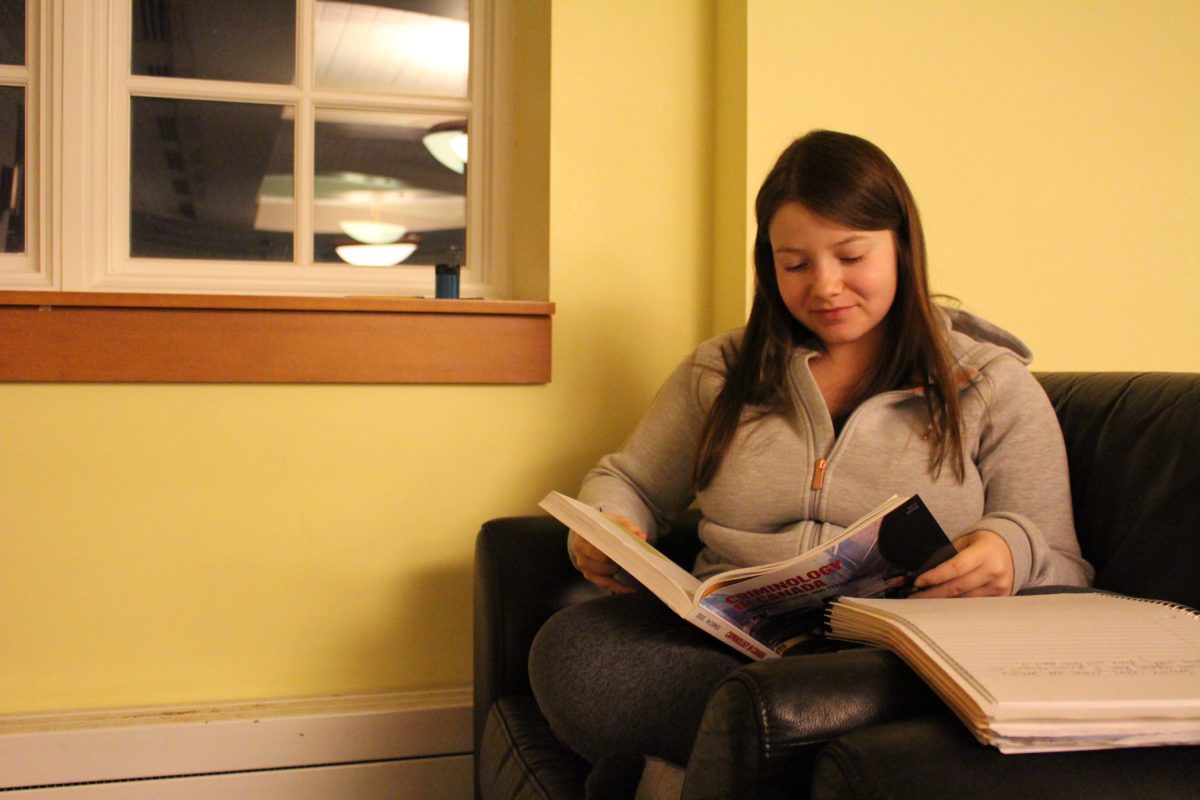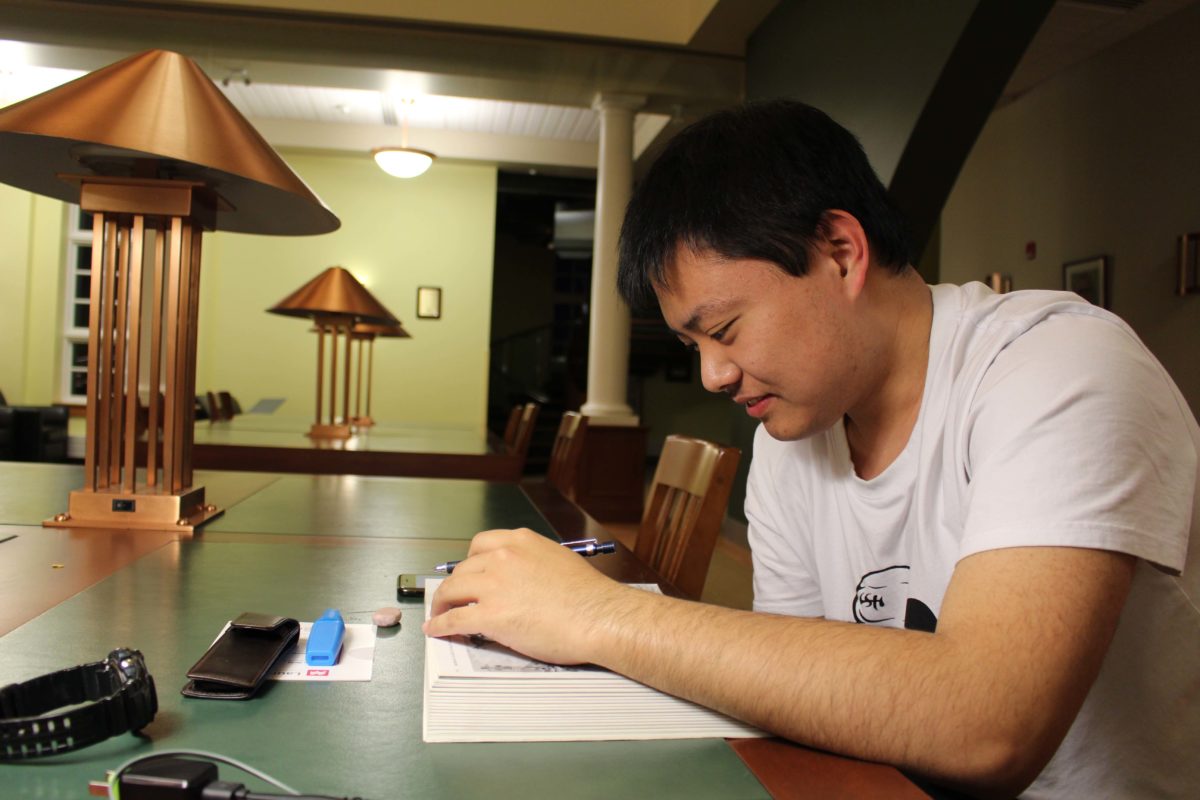St. Thomas University approved a fall reading week for the 2018-19 academic year at its Feb. 15 senate committee meeting.
The reading week will coincide with the University of New Brunswick’s reading week from Nov. 5 to 9.
The motion carried with only one vote against.
St. Thomas instituted a fall reading day in 2013, but considered expanding it to an entire week after the UNB announced in December 2016 its plans to do so for 2018-19.
“Since [2013], other universities in New Brunswick and Atlantic Canada have brought in a full fall reading week around Remembrance Day,” said STU’s associate vice-president communications Jeffrey Carleton.
Crandall University, Dalhousie University, Mount Allison University and Cape Breton University also have reading weeks, in addition to numerous other universities across Canada.
“It’s a well-being initiative that we think can actually help students be more successful in their first term,” Carleton told The Aquinian.

The university was planning on announcing the reading week to students this week.
Senate approves
Jean-Philippe Ranger, chair of the Philosophy department, voted against the motion because he believes the reading week should be earlier in the semester.
“Having it earlier in the semester would be much, much better,” Ranger said.
Ranger also added that having STU’s reading week coincide with UNB’s is not compelling because the number of students taking classes at UNB is “very small.”
Political science professor Shaun Narine asked why UNB felt there was a need for students to take a week off during the first semester.
“When you’re just starting into a new school year, you don’t need a week off,” Narine said.
“This is getting really lazy.”
STU Students’ Union vice-president education Brianna Workman disagreed.

“One of the purposes [of UNB’s reading week] was a mental health break, but in addition, in the same way as it does second semester, final papers and final exams occur around the same time both semesters and that heavy workload does pile up equally at the same time each semester,” Workman said.
Student reaction
Third-year student Emma Walsh said the break is unnecessary.
“My biggest issue with it is that students sometimes forget that they’re paying for their education and in order to get the education they’re paying for, you need to be in class for an amount of time in order to get the course material, “Walsh said.
“I think it’s taking away from valuable time that maybe we need.”
Fourth-year student Nicholas Decarie, however, said he’s thankful STU is implementing a reading week, even though he won’t be around next year to enjoy it.
“I am all for it. It’s a glaring oddity that we have one in the second semester and not the first,” Decarie said.
The addition of the reading week is not expected to lengthen or shorten the academic year.
With files from Sarah Betts

